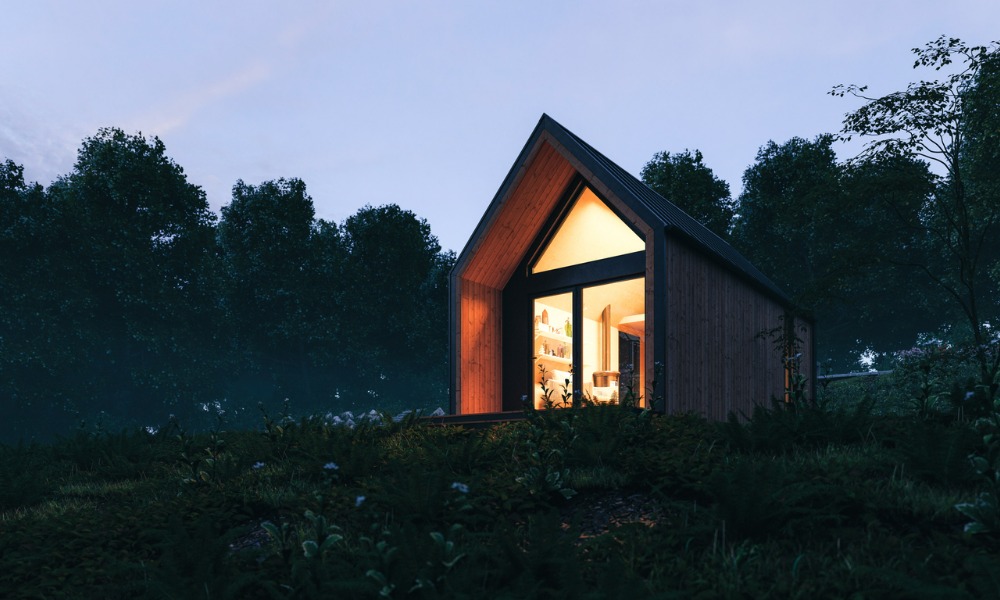Complications arise when people try to make their dream a reality, tiny house advocate says

Sharla May, Tiny House Hub founder, said tiny homes could help solve the housing crisis and that there was “huge demand” for them. Complications arose, however, when people tried to make their dream a reality, May said.
According to tiny house advocates, what’s prohibiting people from buying tiny homes is legislation, lending, and land.
May said one of the main issues faced by tiny home owners was a lack of standards across councils – a system which she likened to people needing different licences in different cities, RNZ reported.
“Imagine having a driver’s licence in Auckland, moving to Hamilton ... and having to apply for a new licence in Hamilton. That's exactly what the industry faces at the moment,” May said.
The majority of people, she said, get inconsistent answers each time they speak with different councils and people.
A few, May said, were even having trouble getting people from the council “to put anything in writing confirming if their tiny house [is] legal or not.”
Rebecca McLean, chairperson of the New Zealand Tiny House Association (THA) and owner of Tiny House Builders, said THA was hoping that a national standard for tiny homes would be created, so if people moved from one place to another, council rules would be the same, RNZ reported.
Another challenge faced by tiny home buyers was lending, McLean said, with first-home buyers unable to use their KiwiSaver.
In terms of lending, tiny homes were typically treated like vehicles, rather than houses, said Dave Tyrer, CEO at Squirrel Mortgages.
This made getting a standard home loan out of reach for tiny homes buyers.
There were “literally a handful of lenders who will lend on tiny homes,” Tyrer said.
Tyrer said one major difference was that owners of tiny homes often did not own the land. No land meant tiny homes had less security to put against a loan.
An asset such as a house will degrade as time passes, he said, while “typically land doesn’t degrade.”
Tyrer believed it was the higher risk profile associated with a tiny house that was deterring banks from lending to buyers. Most tiny house loans were treated like personal loans instead, he said.
Those loans also cost more, however. Tyrer said Squirrel typically lent at 9.95% per year – that’s significantly more than the 6.5% banks are charging around for a mortgage in the same period.
Not owning their land also presented tiny house owners with issues around tenancy, May said.
Tiny homes on leased land aren’t covered by the Residential Tenancies Act, she said, which raises a myriad of issues, including how often the rent can be raised or who is liable for what.
Finding land could also be tough, McLean said, but it had become less so with websites such as May's Landshare, which connects those with land and those looking for it.
May hoped to see the issues around tiny homes resolved.
“It’s not for everyone, but there are a lot of people that want to live in tiny homes so … why are we stopping them?” she said.
McLean said interest in tiny houses would likely continue to rise.
“People want to look at different alternative ways of living,” she said.
But until the government legislates to make the process simpler and more accessible, tiny house buyers would continue to face barriers, RNZ reported.
Do you think tiny houses can help solve the housing crisis? Tell us what you think below.



